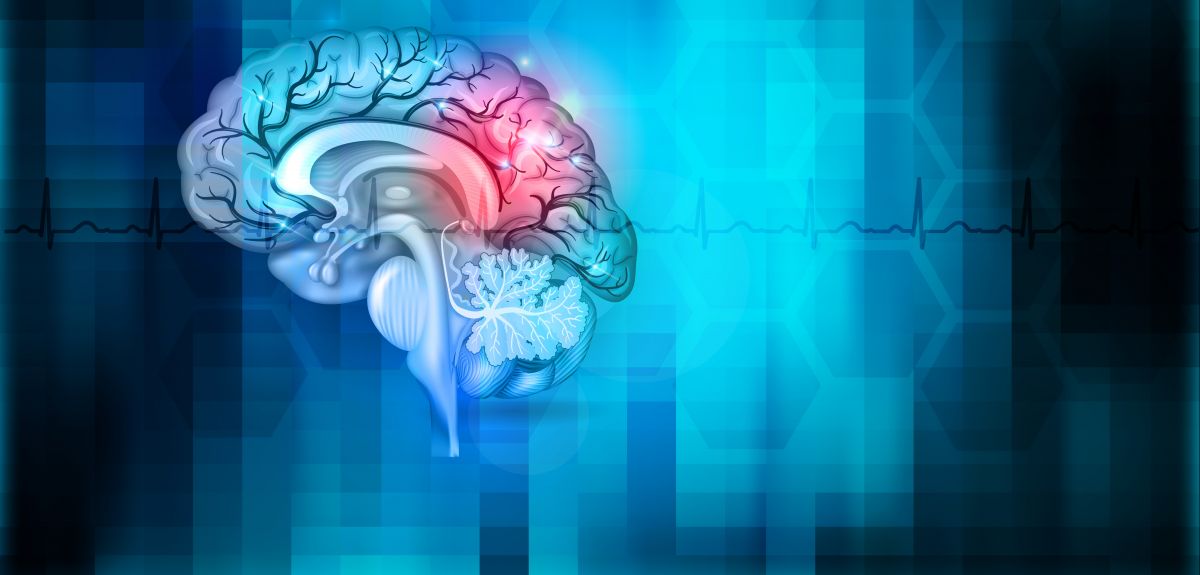
Fecha: 10 de mayo del 2024.
Hora: 12:00h.
Lugar: Seminario II del IMAG, UGR. Como es costumbre, se retransmitirán en directo por el canal de (Youtube del Departamento de Estadística e I.O.).
Conferenciante: Marc Vidal (Investigador en el Instituto Max Planck de Ciencias Cognitivas y Cerebrales Humanas).
Resumen:
Neurotransmitters play a critical role in regulating brain arousal function, which is crucial for coordinating motor responses and behavioral actions in humans. The study of neurotransmitters, particularly in the context of axonal diffusion, is of interest from both experimental and theoretical perspectives. The latter often involves mathematical modeling to replicate their dynamic activity, offering insights into physiological questions that are challenging to investigate through experimental methods alone. In this talk, I will discuss a data-driven approach to brain arousal systems using non-invasive neurophysiological monitoring techniques that rely on infinite-dimensional statistical models. In particular, I will elaborate on functional independent component analysis (ICA) techniques that utilize Sobolev norms and inner products in multivariate functional settings for modeling neuromodulatory activity. I will go through the notions of separability, identifiability, and irreducibility, among other theoretical precepts that define the essence of functional ICA models. Furthermore, I will discuss the theoretical properties of operators beyond second order moments under the Cameron-Martin space geometry. Finally, I will showcase several applications, including our latest research for modeling turbulent-like dynamics on the cortical field aiming to reflect neuromodulatory activity during states of emotional motor control.
Escribir un comentario
Información básica sobre protección de datos personales
Responsable: Universidad de Granada
Legitimación: La Universidad de Granada está legitimada para el tratamiento de sus datos, siendo de aplicación las bases jurídicas previstas en el art. 6.1 del RGPD que correspondan en función de la finalidad pretendida por usted en el formulario de contacto.
Finalidad: Gestionar su comunicación.
Destinatarios: No se prevén comunicaciones de datos, salvo que sea necesario para gestionar su solicitud.
Derechos: Tiene derecho a solicitar el acceso, oposición, rectificación, supresión o limitación del tratamiento de sus datos, tal y como se explica en la información adicional.
Información adicional: Puede consultar la información adicional y detallada sobre protección de datos, en función del tipo de tratamiento, en la UGR en el siguiente enlace




